Please select a case study for more information.
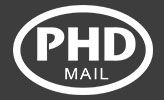
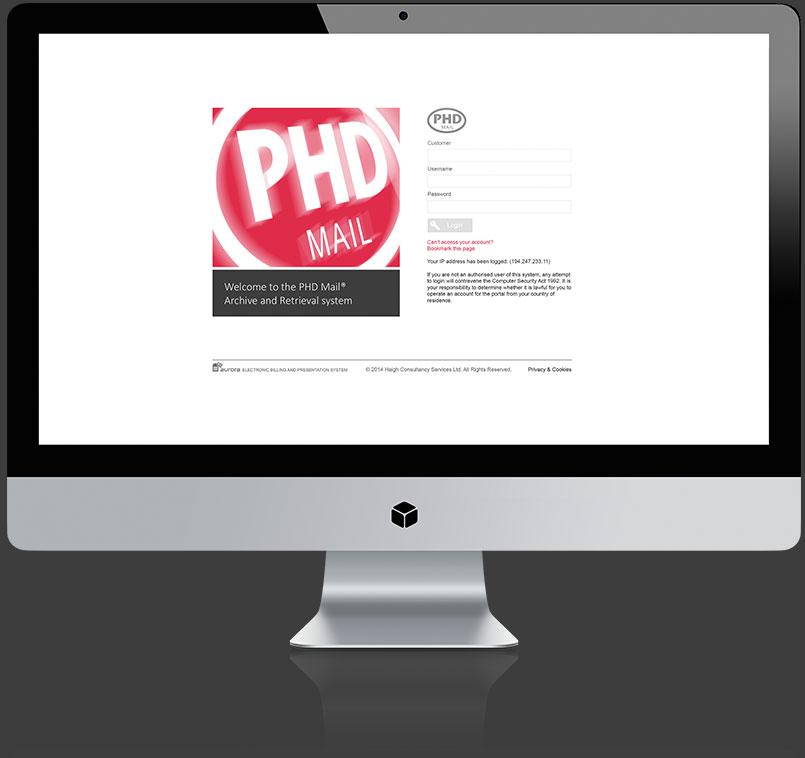
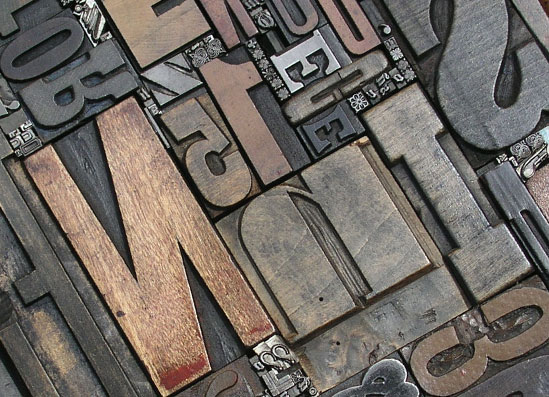
Kevin Dunn, business development director at PHD Mail, says this retrieval system means he can offer clients a bespoke service, says Philip Chadwick. We print and mail 50m images a year and we also have other services, such as web hosting, scanning and archive retrieval. We don't outsource anything and our market is transactional only. We are based in Burton-on-Trent with two sites..
It is a bespoke image and data-based retrieval system. We've had it for two years.
We were looking to expand our service and this enabled us to set up a web hosting side to the business. This product has enabled us to create a bespoke system for every client we take on. E-billing is something that is on everyone's lips at the moment and our customers want to move some of their clients into that area. Our clients are credit control departments and in the past have used different companies for e-billing, scanning, printing and mailing - it was a very detached approach. Now they are looking for more of a one-stop shop and this software has got us into more businesses.
We did look at off-the-shelf systems and there were three others that we considered. But some were very, very expensive and there was no way we could afford them. The Aurora system we bought from Haigh Consultancy Services (HCS) was not the cheapest, but I was more confident that we could work with them.
The system effectively future proofs our business. Also, HCS is able to update the software within days. They test an application and make it ready to use quickly.
It is lightening fast. Documents come back in three or four seconds and these can be in any file format, such as PDF, TIFF or GIF.
It's been very reliable and we've had no problems.
It's very easy to use. When we put the new system into a new client we allow for half a day's training. But what usually happens is that within the hour they can operate it. HCS supplies an ‘easy' guide for areas such as document retrieval.
Yes, definitely. We achieved return on investment in six months.
There were teething problems at the start, but this was not because of the software. We have two sites and we needed to replicate all our data across them. It was also a big job copying our images from the old system to Aurora. We had a total of 500m images, which took some time. But HCS were on site to help and made sure everything went well and the transition was smooth.
HCS have been very, very helpful. They work alongside our IT department and understand our business.
Anyone that produces bills of any kind. It's good for the transactional market that we're in, but it might also be good for some companies in the direct mail sector.
We don't need another one because we can upgrade and get new clients on board through this one package. We have 12 clients using it so far.
User's verdict
Speed 5/5
Quality 5/5
Reliability 5/5
Value for money 5/5
There aren't any bad points. I can't put my finger on any one part of the system I dislike.
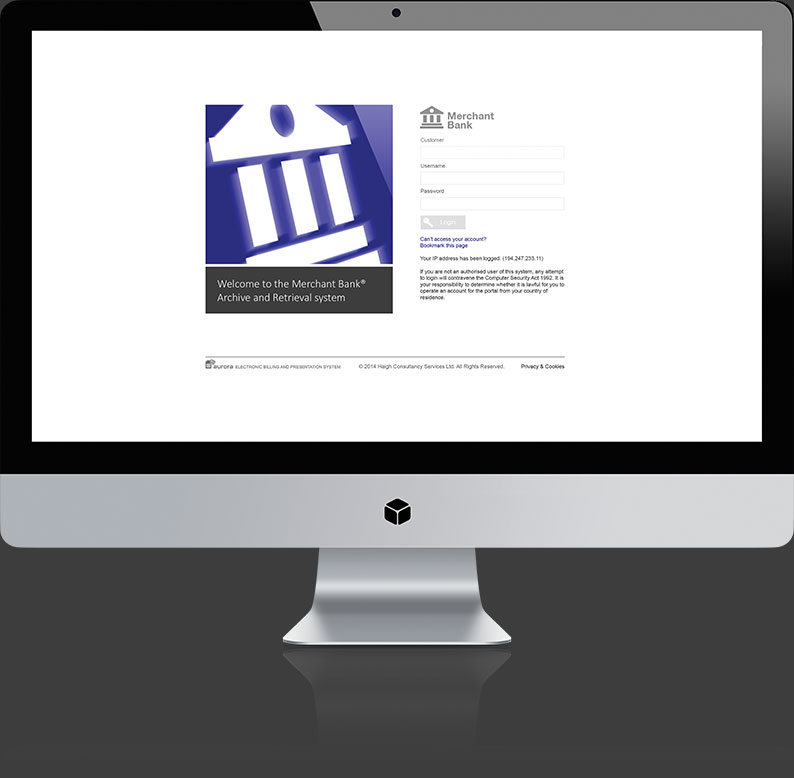

With around 247 different letter templates, over 40 letterheads and producing ~6 million letters a year, this was one of the largest single unit take on that Unity had undertaken. The key to the project was to reduce spending on both postage and print. The client fulfilled all of this in house, which was causing issues due to growing volumes. Frequently having to invoke external contracts with to fulfil their requirement by the FSA to deliver their mail on time, the client required a solution that could process their data, print and mail their documents currently, and in the long term. At the start of 2012, the company modified their internal print applications to include Unity white text controls and to ensure that the letters were compliant with Royal Mail guidelines. In April, the client went live and has been running successfully with no issues.
2 main sets of print data arrives is sent, encrypted via SFTP, to the Unity servers in postscript format.
The Unity backend process decrypts the data and then based on the white text controls, splits the print files into individual letters and ingests them into Aurora along with all information relating to associated letterheads, return addresses and inserts.
This pre-process also identifies letters which do not conform to Royal Mail guidelines, and statistics can be fed back to the client regarding address issues.
Each day at 00.01 a report runs gathering information relating to the status of the documents held in the system. This allows the business to record this against records in their own system for FSA compliance.
At set times during the day, the Unity print application extracts letters from Aurora and creates mailsorted print files.
Files are received onto the full colour True Press digital printer and then printed on a reel based white paper solution. This means that the paper that we print on is housed on a reel, and that there is no pre-printing of stock.
The printer, checked and calibrated each day, has a capacity of 49,920 sides / hour and is housed in a highly secure environment.
Once printed, the reel is moved to the enclosing line. The SITMA SM15 enclosing machines are capable of enclosing 15,000 letters / hour and apply a variable (via inkjet) return address to each of the letters.
4 cameras read barcodes in the address block of each letter. These ensure that each letter is 'complete', has the correct inserts and return address.
Royal Mail provide the First Class mail service, while CitiPost provide downstream access to Royal Mails postal service giving a higher discount than standard RM tariffs.
All letters are stored in the Aurora archive and retrieval system for 90 days.
The client's administrators log into the Aurora GUI to check the progress of documents through the print process, and also to cancel any documents that should not be dispatched.
Inbound data files are held for 7 days, after which they are deleted from the system.
All returned mail in this project is sent back to the client to allow them to process internally.
The system is ISO27001 compliant.
The audit control of physical mailing is driven by a 2d barcode which is printed on to the document and which is read at subsequent intervals on the enclosing machine. This gives an audit trail of the document through the print production.
Throughout the take on process, close contact was maintained between Unity and the client.
Aside from initial meetings on site, the majority of contact was through scheduled conference calls.
A single Unity representative would collate together all information and communicate this to the Unity development team.
Contract negotiations were undertaken by the Unity finance department and senior management to ensure that an agreement was in place that was both fair and equitable to all parties.
Following go live, monthly conference calls were scheduled, along with weekly and ad-hoc calls as and when needed.
After the go-live, the calls became more focused on ongoing savings to ensure that the client continued to benefit from advances and assistance that Unity could give.
The project and development team worked closely with the client's development team via the respective project managers.
The onus was on the client to detail their current processes and the makeup of their daily mailings. This information was passed back to Unity in the form of a specification, allowing advice to be given on the changes required to the then current documents.
By ensuring that all information was collated accurately, and appropriate project timelines agreed upon, the project was delivered on time.
It was the responsibility of the Unity team and the THMG team to ensure that standards on both sides were maintained.
At a high level, Unity ensured compliance with ISO qualifications and with all Royal Mail guidelines.
In addition, all parties have to be mindful of FSA regulations relating to the timely delivery of mail. In the event of a delay, Unity follow the process through on the data and print production system and then pass over to the mail provider for last mile analysis.
Since the project went live, the client has enjoyed a solution that has removed their dependence on an in-house post room allowing them to focus on their core business.
In the last SLA meeting, Unity scored 8/10 with regards to the accurate and effective print and mailing of their documents.
